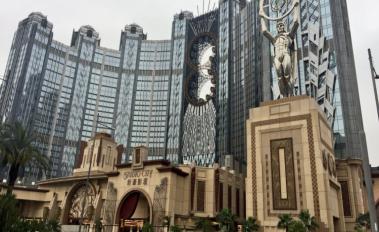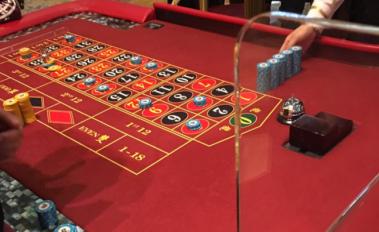

In Macau, the 33-member Legislative Assembly reportedly ratified a measure earlier today that is to prohibit approximately 54,000 casino employees from setting foot on a gaming floor outside of working hours.
Non-gaming staff included:
According to a report from GGRAsia, the government-backed legislation is set to come into force from the end of next year at the earliest and will apply to table game dealers as well as those directly employed by any of the city’s many casinos in non-gaming roles such as food service, cleaning, surveillance and cage operations.
Encompasses junket workers:
GGRAsia explained that the coming prohibition will also pertain to the estimated 8,000 people directly employed by junket operators with the former Portuguese enclave’s Gaming Inspection and Coordination Bureau regulator tasked with overseeing all enforcement duties via the deployment of inspectors and the establishment of a confidential hotline for the reporting of potential infractions.

Problem gambling concerns:
A draft of the looming ban was unanimously passed by the Legislative Assembly in July after official data from the Gaming Inspection and Coordination Bureau showed that the majority of those who had sought help for problem gambling between 2011 and 2017 had been casino employees.
Various exclusions:
However, the source further reported that perceived difficulties with effective enforcement has seen outsourced workers escape the impending exclusion while all casino employees are to be permitted to gamble during the first three days of the Chinese New Year.
No central database:
It also reported that numerous legislators including Angela Leong On Kei, who serves as an executive director for local casino giant SJM Holdings Limited, had voiced concerns about the prohibition because it does not include the establishment of a central database of casino workers. But, the Director for the Gaming Inspection and Coordination Bureau, Paulo Martins Chan, purportedly countered by detailing that his organization will be using the coming months to make employees aware of the looming ban while furthermore stating that those found to have violated the exclusion would not be sacked.



